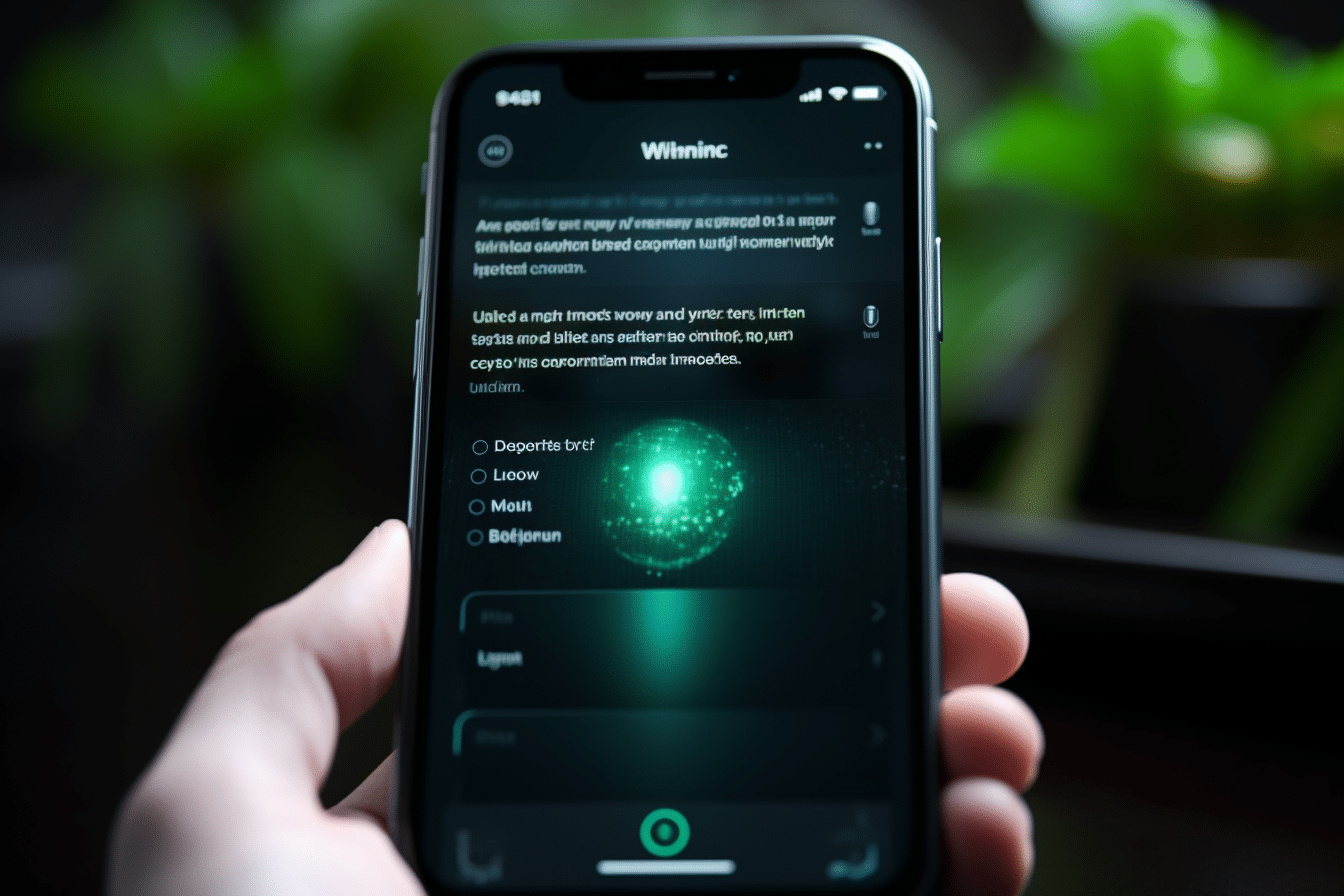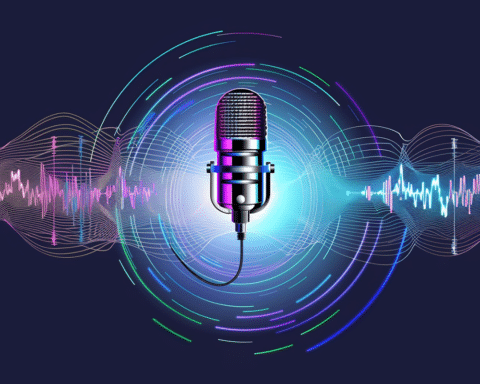Microsoft-supported OpenAI, the developer behind ChatGPT, has recently announced that the chatbot can now surf the web to offer users the latest information. Previously, the AI’s training data was limited to content until September 2021.
This enhancement enables select premium users to inquire about current events and access recent news directly through the chatbot. OpenAI has assured that this feature will be extended to all users in the near future.
Additionally, OpenAI unveiled plans for ChatGPT to facilitate voice interactions with users soon.
Systems like ChatGPT rely on vast amounts of data to produce human-like answers to user questions. Such advancements could reshape how individuals seek information online.
Until this upgrade, ChatGPT’s knowledge was set to the state of the internet as of September 2021, with no real-time browsing capabilities. If asked about recent events, the chatbot’s response would be, “I’m sorry, but I cannot provide real-time information.”
This limitation had deterred certain potential users.
Tomas Chamorro-Premuzic, a business psychology professor at University College London, remarks, “Previously, people would head to search engines or news sites for updates. Now, ChatGPT has become a go-to source for the latest happenings.” However, he also warns about potential accuracy concerns if the AI doesn’t cite reliable sources, emphasizing the importance of discerning the information’s reliability.
Recently, concerns arose regarding the risk of ChatGPT dispersing incorrect data. The Federal Trade Commission (FTC) has approached OpenAI, seeking clarity on how it manages potential risks to individuals’ reputations. OpenAI’s leadership has committed to collaborating with the FTC in this regard.
The delay in granting ChatGPT internet browsing capabilities was attributed to several factors, including computing expenses and safety concerns. Accessing real-time data raises potential issues, including disseminating misleading information or unauthorized access to copyrighted materials.
ChatGPT pointed out the resource-intensive nature of developing language models, the potential inaccuracies introduced by real-time data, and privacy and ethical challenges related to accessing real-time content in answering why the real-time browsing feature took time to implement.
The updates to ChatGPT emphasize the overarching challenge in AI: Certain restrictions must be eased to be genuinely effective, but this can also heighten the potential for misuse.
The evolution of ChatGPT and its newfound capabilities underscore a broader paradigm in AI — the tug-of-war between innovation and ethical responsibility. As we embrace the convenience of real-time information and voice interactions, we must also tread carefully, ensuring the information we receive is accurate and ethically sourced. The journey of ChatGPT is a testament to the possibilities and challenges that lie ahead in our digital age.




